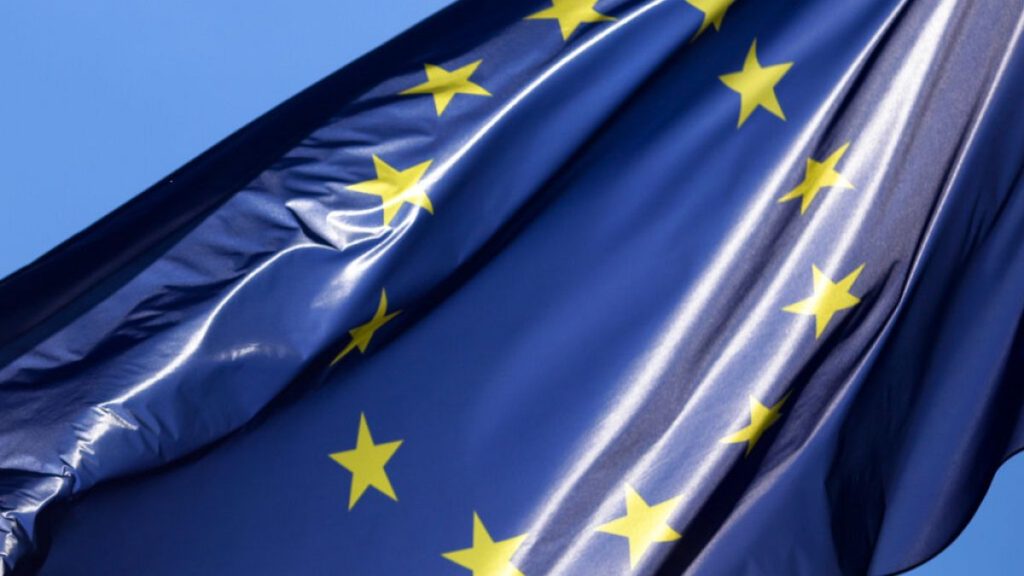The European Union’s enlargement policy is currently at a critical juncture, navigating a complex landscape of geopolitical considerations and the imperative of upholding core European values. Commissioner for Enlargement, Marta Kos, has emphatically stated that the enlargement process will remain firmly grounded in merit, prioritizing adherence to the rule of law and fundamental values over geopolitical expediency. This principle underscores the EU’s commitment to ensuring that any expansion benefits both existing and prospective member states, contributing to a stronger and more unified European project. The current focus of enlargement discussions centers on Ukraine, Moldova, and Georgia, each facing unique challenges and opportunities in their respective journeys towards EU integration.
Ukraine and Moldova, having officially commenced accession negotiations in June 2023, represent a significant step towards realizing their European aspirations. This move signifies the EU’s confidence in their potential and commitment to supporting their democratic transitions. For Ukraine, the start of negotiations represents a powerful symbol of resilience and determination in the face of ongoing conflict. The EU’s endorsement of Ukraine’s candidacy sends a clear message of support and solidarity, recognizing the country’s commitment to European values amidst immense challenges. Moldova’s progress, however, is complicated by persistent Russian influence, requiring ongoing efforts to strengthen its resilience against external pressures and consolidate its democratic reforms.
Despite the positive momentum, both Ukraine and Moldova face substantial hurdles on their paths to full membership. Ukraine, while enjoying broad support within the EU, encounters resistance from certain member states, notably Slovakia and Hungary, who harbor reservations about its accession. These differing perspectives within the EU necessitate careful negotiation and consensus-building to ensure a unified approach to Ukraine’s integration process. Moldova, similarly, faces the delicate task of balancing its European aspirations with the need to manage complex relations with Russia, requiring diplomatic finesse and unwavering commitment to its chosen path.
Georgia’s pursuit of EU membership faces a more uncertain trajectory, marked by internal political dynamics and concerns over democratic backsliding. The ruling Georgian Dream party has come under scrutiny for alleged anti-democratic practices and a perceived pro-Russian stance, creating a challenging backdrop for its accession bid. The announcement by Prime Minister Kobakhidze to postpone Georgia’s EU application until 2028 triggered widespread public protests, reflecting the strong desire of Georgian citizens for closer ties with Europe. These internal political developments complicate Georgia’s progress towards EU membership, requiring careful assessment and engagement from the EU to address the underlying concerns.
The EU’s enlargement policy operates on the principle of conditionality, requiring candidate countries to demonstrate concrete progress in key areas such as the rule of law, judicial independence, and the fight against corruption. This rigorous assessment process ensures that prospective members align with the EU’s core values and are prepared to fully embrace the responsibilities and obligations of membership. The EU’s commitment to maintaining high standards in the enlargement process safeguards the integrity and credibility of the Union, ensuring that expansion strengthens rather than weakens the European project.
Commissioner Kos’s emphasis on merit-based enlargement underscores the EU’s commitment to upholding its fundamental principles in the face of geopolitical pressures. The enlargement process is not merely a transactional exercise but a transformative one, requiring both candidate countries and existing member states to embrace shared values and work towards a common future. The ongoing discussions surrounding the accession of Ukraine, Moldova, and Georgia highlight the complex interplay of political, economic, and social factors that shape the EU’s enlargement policy, requiring careful navigation and a steadfast commitment to the principles of democracy, rule of law, and human rights.

